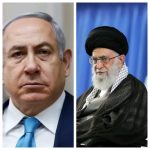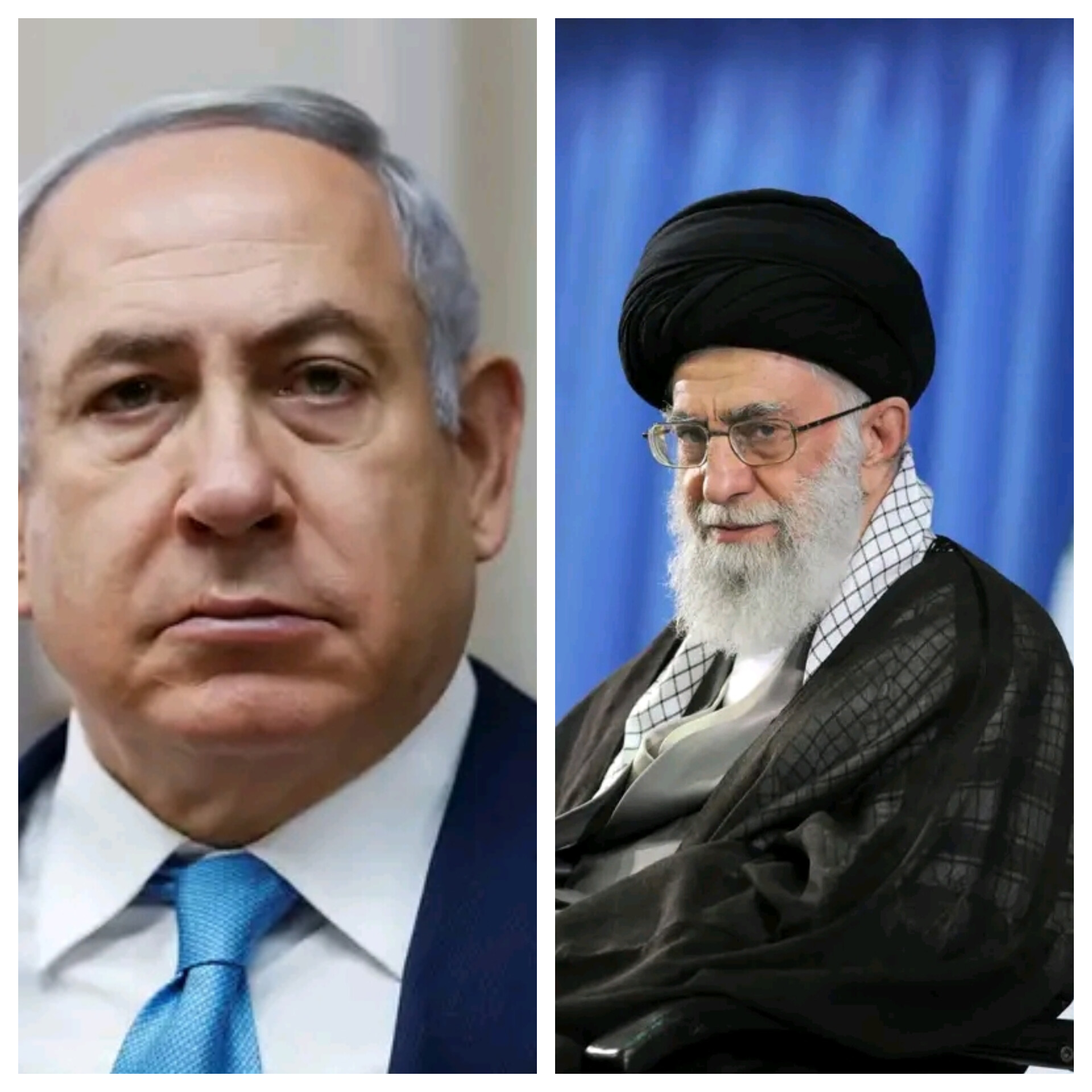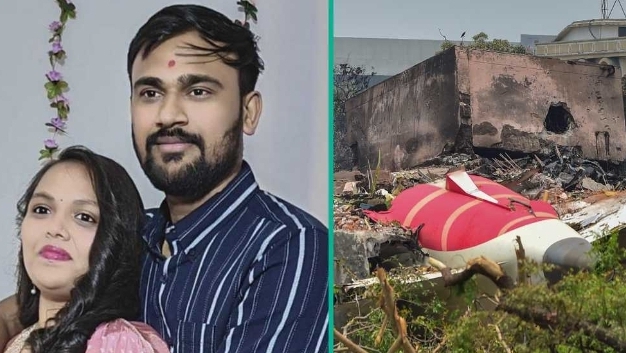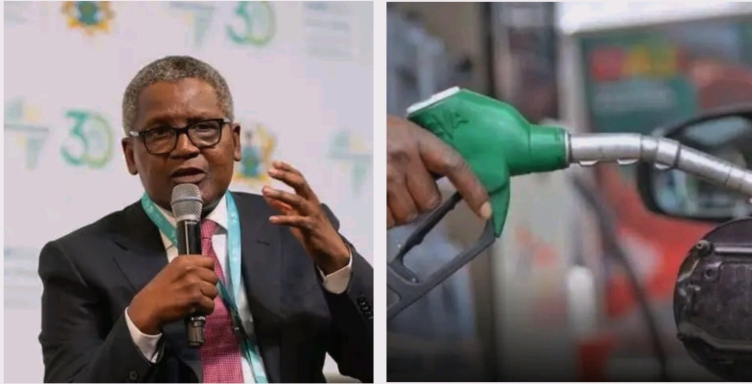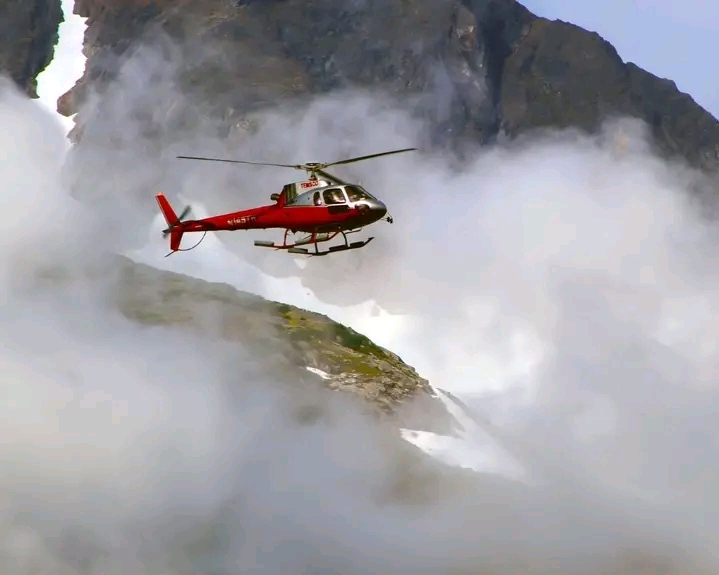Tensions Boil Over: Middle East Teeters on Brink of Full-Scale War After High-Profile Assassinations
The Middle East is facing one of its most volatile moments in recent history following the shocking assassination of several top Iranian military leaders in a strike that has sent shockwaves through the region. The early morning attack on Friday, June 13, claimed the lives of Major-General Mohammad Bagheri, Iran’s army chief and longtime architect of its ballistic missile programme, as well as Hossein Salami, head of the Islamic Revolutionary Guard Corps (IRGC), and Major-General Gholamali Rashid, commander of the powerful Khatam al-Anbiya Headquarters.
The high-profile killings have escalated fears of a major military conflict between Israel and Iran—two long-standing rivals in the region. Tehran has vowed a “harsh response,” promising to avenge what it considers a direct act of war.
The assassinations come amid rising hostilities and accusations between the two nations. Israeli Prime Minister Benjamin Netanyahu responded bluntly to the unfolding situation, alleging that Iran has been the driving force behind decades of regional instability. “We’ve had half a century of conflict spread by this regime that terrorises everyone in the Middle East,” he said, referencing Iran’s alleged involvement in past attacks such as the bombing of the Aramco oil fields in Saudi Arabia and its support for proxy militias across the region.
Netanyahu also dropped a political bombshell, suggesting that Israel has not ruled out the assassination of Iran’s Supreme Leader, Ali Khamenei—a move that would mark an unprecedented escalation. He claimed such a strike would not escalate the war but rather bring it to an end by cutting off its ideological and strategic head.
The Iranian leadership, however, sees things differently. The deaths of Bagheri and Salami are considered by many in Tehran as a decapitation strike against the core of its military establishment. The men were not only senior commanders but also symbolic figures in Iran’s resistance narrative against Western and Israeli influence.
As regional and global powers brace for the fallout, analysts warn that the coming days may be decisive. With both nations possessing advanced military capabilities and Iran pushing closer to nuclear thresholds the threat of a broader war involving multiple countries looms large.
For now, the world watches as rhetoric intensifies, alliances are tested, and diplomacy hangs by a thread. What began as a covert strike has opened the gates to a potentially catastrophic confrontation in a region already scarred by decades of turmoil.

